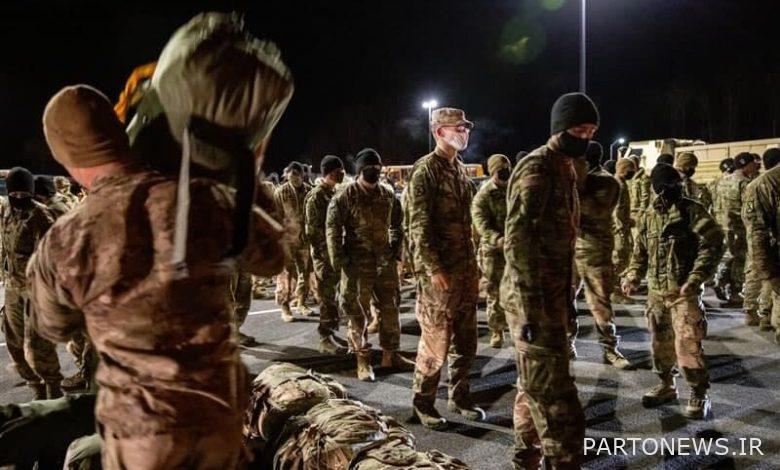The Middle East and the New Cold War

Etemad newspaper published a note by Kourosh Ahmadi on September 4 and wrote: While the Cold War is over in its classical sense, the Cold War in the Middle East continues. The Cold War, in the classical sense, refers to the geopolitical and ideological tensions between the United States and the Soviet Union and their allies, including through proxy wars, over a period of 45 years after World War II. The Cold War ended with the collapse of the Soviet Union. The end of this classic Cold War allowed almost all parts of the world to move away from the Cold War in the literal sense. Europe and North America, and to a greater extent the 38 OECD member countries, have moved faster, and in some other regions, such as Latin America and Africa, and some in the Far East, at a slower pace.
The process of globalization, overcoming ideological conflicts, focusing on the concept of security in all its dimensions, strengthening some values such as civil rights and human security, strengthening international organizations, developing international law, promoting public relations means direct communication between people of different countries, gaining importance Unprecedented public opinion as a new superpower with the help of modern media is one of the factors that have helped these regions to distance themselves from the Cold War.
The unprecedented acceleration of the globalization process, as the most important factor, has enabled the free movement of people, goods, services and capital, and has allowed people of different countries to make direct contact and exchange. One of the goals of different parts of the world in focusing on freedom of movement after the Second World War was to prevent another catastrophic war. Freedom of movement allows xenophobia to gradually give way to empathy and empathy, thereby accelerating regional convergence.
While we are witnessing the end of the Cold War and the process of regional convergence and free movement in many parts of the world and the formation of relevant institutions with the aim of expanding prosperity, increasing regional power in global bargaining and maintaining security and preventing war, the Middle East has shunned such trends. Is. Some institutions, such as the Arab League and the Cooperation Council, are also based on ethnicity and defense, and these are inefficient. Middle Eastern countries account for only 7 to 8 percent of their trade, compared with 60 percent for Europe, for example.
Capital exchanges and joint ventures within the Middle East are also very limited, and exchanges within the region are largely limited to the exchange of consumer goods. It is estimated that about $ 2 trillion of the capital of the oil-rich Middle East countries is invested in the West or held in Western banks. Traffic within the region is also often hampered by visa restrictions and security concerns. Indices of good governance in countries, which are a very important factor in the development of free traffic, are also very weak in most Middle Eastern countries.
Under such circumstances, the Middle East is the only region in the world that is still embroiled in a geopolitical and ideological Cold War, with consequent ethnic, sectarian rivalries, and proxy wars. A number of countries use the tactic of ethnicity as a tool for expansionism and pressure on regional rivals. The world powers, which usually act differently in other regions, are also abusing the Cold War in the Middle East. The United States’ actions over the past 20 years in the Middle East have been a clear example of the abuses of world powers that have contributed to the rise of extremism and terrorism in the region.
As a result, the Persian Gulf has been the most stressful region in the world for the past few decades, and over the past 40 years there have been three full-scale wars and a large number of cross-border clashes. During this period, in other parts of the world, including Africa, we have witnessed the de-escalation and continuous strengthening of peaceful coexistence between countries. This has caused the Cold War mentality to take root in the minds of the leaders of the countries in the region and to interact with objective conditions. The continuation of this situation has also affected human development in the region, and despite the fact that a number of countries in the region have abundant oil and gas resources, the level of public welfare of the people in many parts of the Middle East is very low.
.

